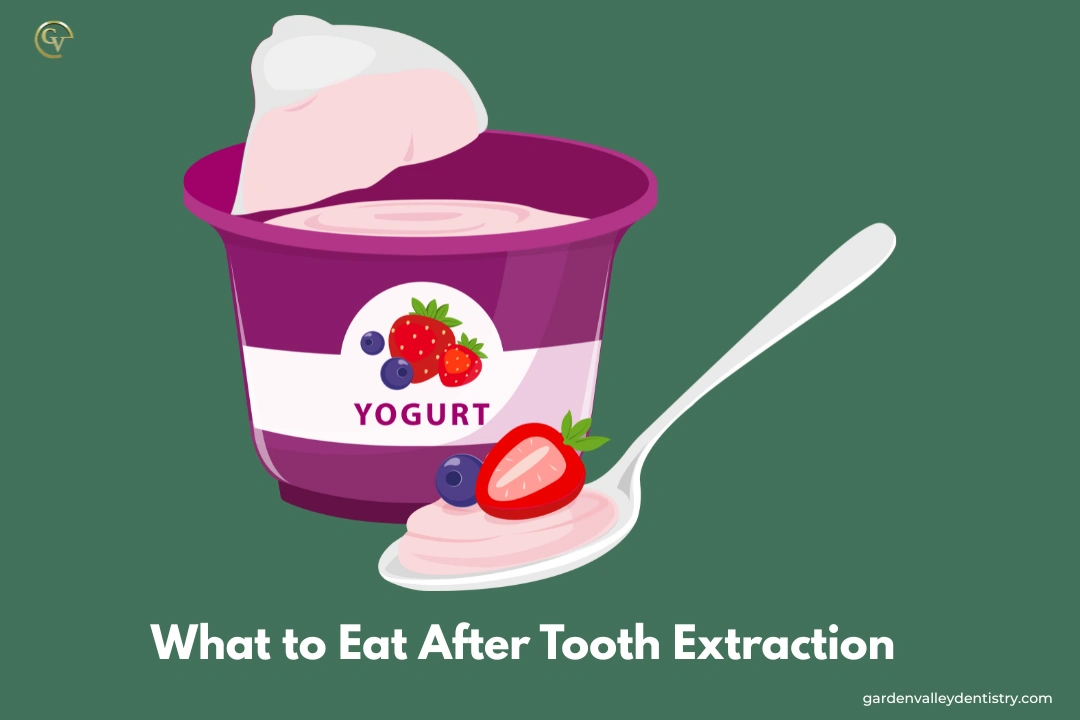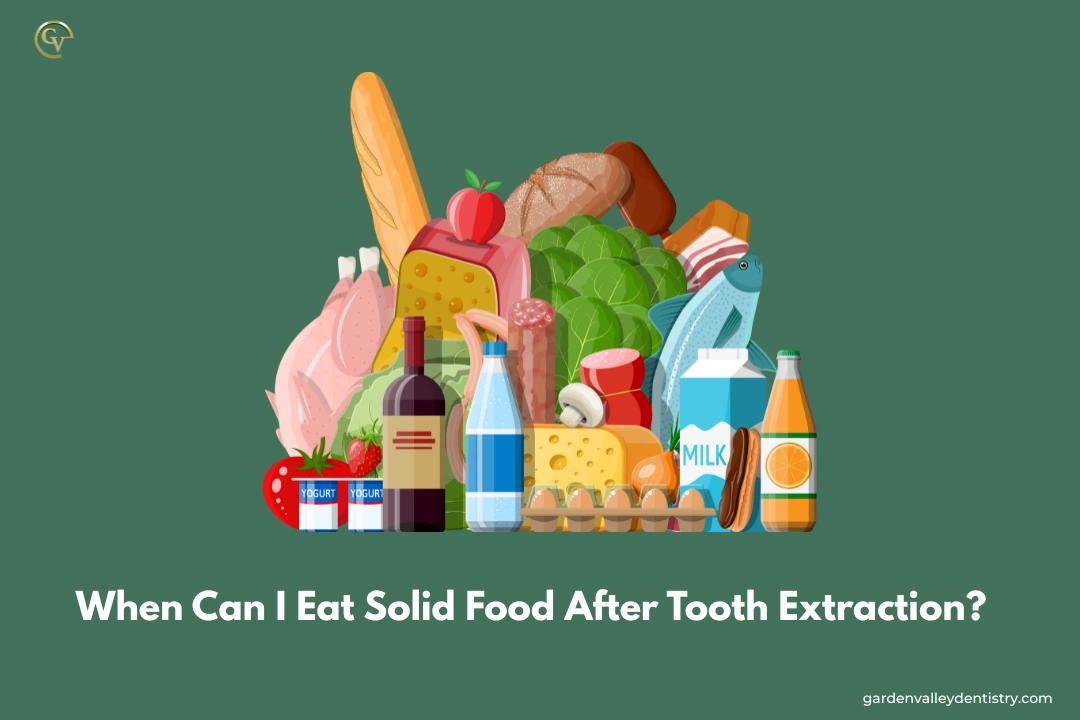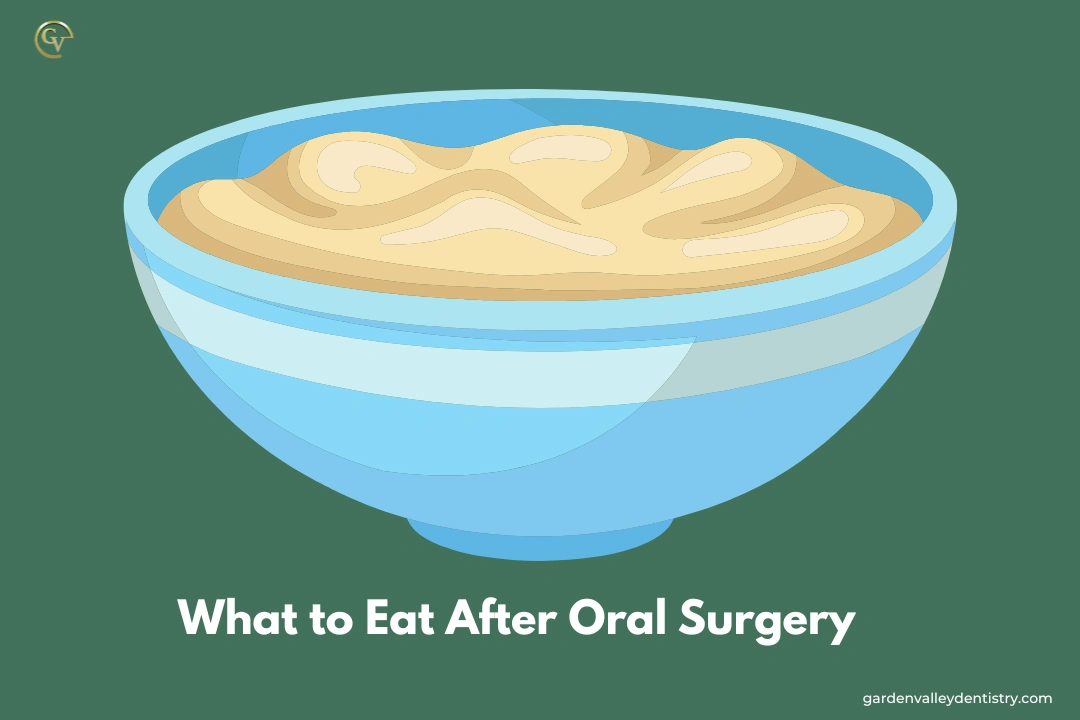
03 Apr Understanding Oral Surgery: What You Need to Know
Oral surgery is a common dental procedure that addresses various conditions, from impacted wisdom teeth to dental implants and jaw-related concerns. As a dentist, I often get questions from patients about how to care for their mouths after surgery and, more importantly, what they can eat during recovery. Proper post-operative care plays an important role in healing and ensuring a smooth recovery.
In this article, I will share post-operative care tips for a smooth oral surgery recovery.
What to Eat After Oral Surgery
One of the first concerns after oral surgery is diet. Eating the right foods helps in reducing discomfort and preventing complications. In the initial days following surgery, soft and nutritious foods are the best choices. Some good options include:
- Smoothies (without seeds or hard chunks)
- Yogurt
- Mashed potatoes
- Blended soups
- Scrambled eggs
- Applesauce
- Oatmeal (once tolerated)
These foods are gentle on the surgical site and provide essential nutrients for healing. Avoid hot, spicy, crunchy, or hard foods that might irritate the wound.

What to Eat After Tooth Extraction
Tooth extractions are one of the most common oral surgeries, and proper nutrition afterward is crucial. In the first 24-48 hours, stick to soft foods and avoid using a straw, as suction can dislodge the blood clot and lead to a painful condition called dry socket. Some good food options after tooth extraction include:
- Broths and pureed soups
- Cottage cheese
- Mashed bananas
- Scrambled eggs
- Avocados
Staying hydrated is important too, so drink plenty of water, but avoid carbonated or alcoholic beverages, as they can prevent the fast healing progress.

When Can I Eat Solid Food After Tooth Extraction?
Many patients ask me, “When can I eat solid food after tooth extraction?” The timeline for returning to solid foods depends on the complexity of the procedure and individual healing progress. For most simple extractions, soft foods are recommended for at least 24-48 hours. By day three or four, you may begin incorporating semi-soft foods like pasta, soft bread, and cooked vegetables, as long as chewing doesn’t cause discomfort.
For more complex extractions, such as wisdom tooth removal, it may take about a week before introducing firmer foods. Even then, it’s best to avoid nuts, chips, and chewy meats until healing is well underway. If you experience pain or irritation while eating, it’s a sign to revert to softer foods.
Additional Tips for a Smooth Recovery
- Maintain Oral Hygiene: Gently rinse with warm salt water 24 hours after surgery to keep the area clean. Avoid vigorous rinsing or spitting.
- Avoid Smoking and Alcohol: These can delay healing and increase the risk of complications.
- Follow Post-Op Instructions: Always adhere to the aftercare instructions provided by your dentist for the best recovery outcome.
Takeaway
Healing after oral surgery takes time, but by following the right dietary guidelines and aftercare instructions, you can speed up recovery and minimize discomfort. If you have concerns or experience prolonged pain, don’t hesitate to contact your dentist. Your oral health is our priority!


Sorry, the comment form is closed at this time.